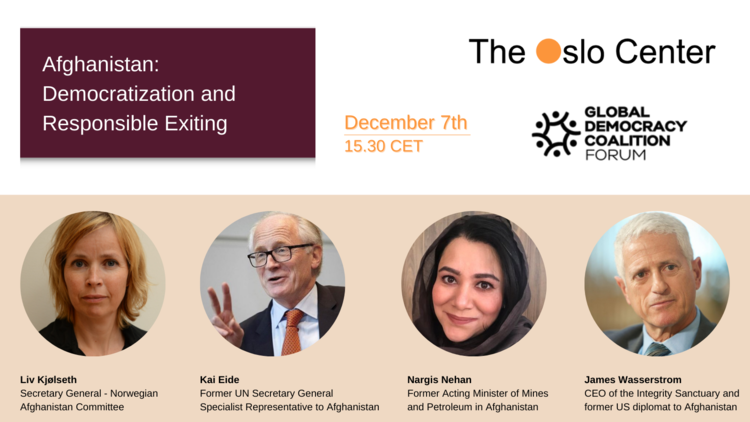After September 11th, the US retaliated in October 2001 by attacking Afghanistan. The Taliban were driven out of the capital and international assistance was provided to the country. After 20 years of humanitarian and state-building support, and several failed peace negotiations between the Afghan government and the Taliban, Joe Biden announced the complete withdrawal of troops in July 2021. Since the withdrawal in August, human rights activists, civil society leaders, women, journalists, and other pro-democratic have been threatened and exposed to death threats. Many have left, but even more have stayed.
Electricity shortages, removal of girls and women from education facilities and employment facilities, replacement of Ministry of Women’s Affairs by Ministry of Virtue, reduction in economic activity, reduction of information and independent media, and food shortages are severely restricting the previously developed spaces. Despite the significant human suffering the situation appears to generate, 64% of all US voters support the withdrawal and 84% of democrats. Some people suggest that democratic incentives in post-conflict countries are a waste of time and that democratisation cannot be achieved. The primary motivation to leave according to Biden was to “not send another generation of Americans to war” .
In this webinar we will discuss the impact of democratisation efforts in Afghanistan, and whether the manner of the withdrawal has impacted the democratic trajectory of the country. Is there a responsible way to exit a country to honour and support the previous democratisation efforts? Current steps in Afghanistan, lessons learned and recommendations to the Global Democracy Summit will also be discussed to advocate for a do no harm approach in democratisation initiatives.
Moderator: Liv Kjølseth: Secretary-General of the Norwegian Afghanistan Committee
Speaker: Youssof Ghafoorzai, Afghanistan’s Ambassador to Norway”
DISCUSSION PANEL
Kai Eide: Former UN Secretary-General Specialist Representative to Afghanistan 2008-2010
Nargis Nehan: Former Acting Minister of Mines and Petroleum in Afghanistan
James Wasserstrom: CEO of the Integrity Sanctuary and former US diplomat to Afghanistan 2009-2014

